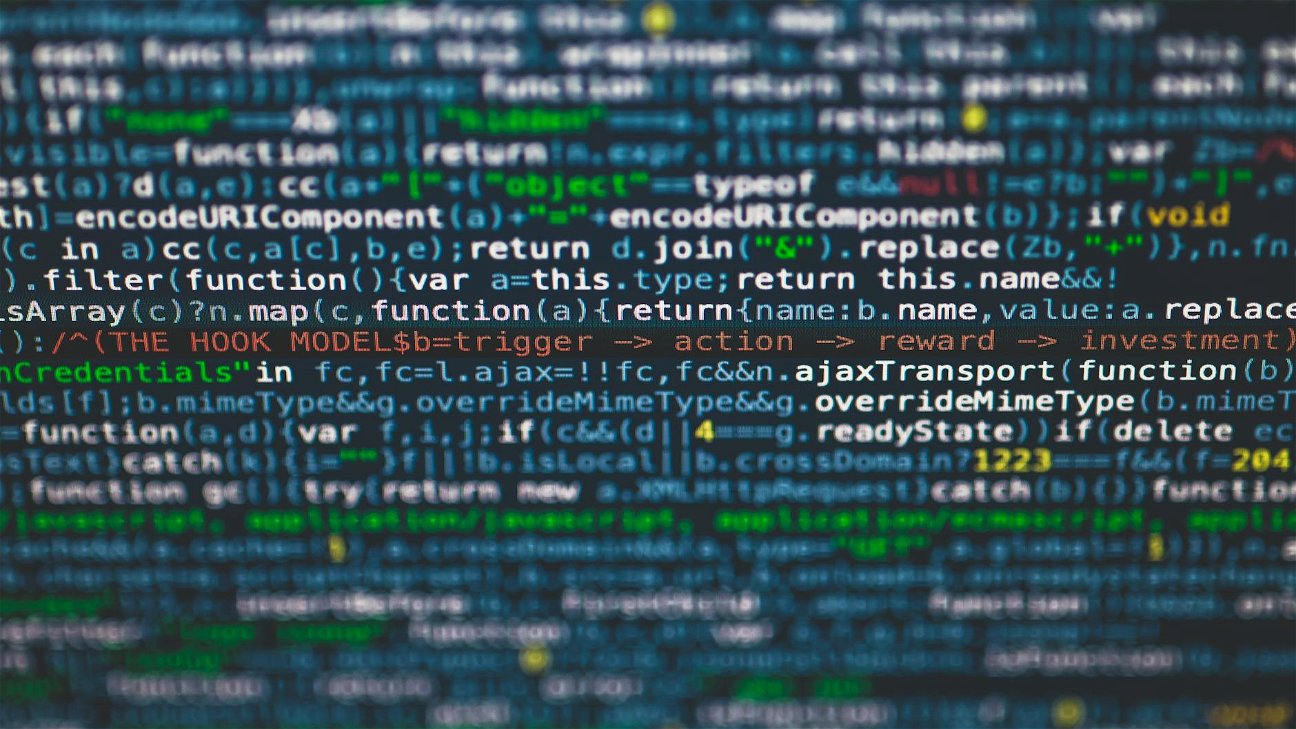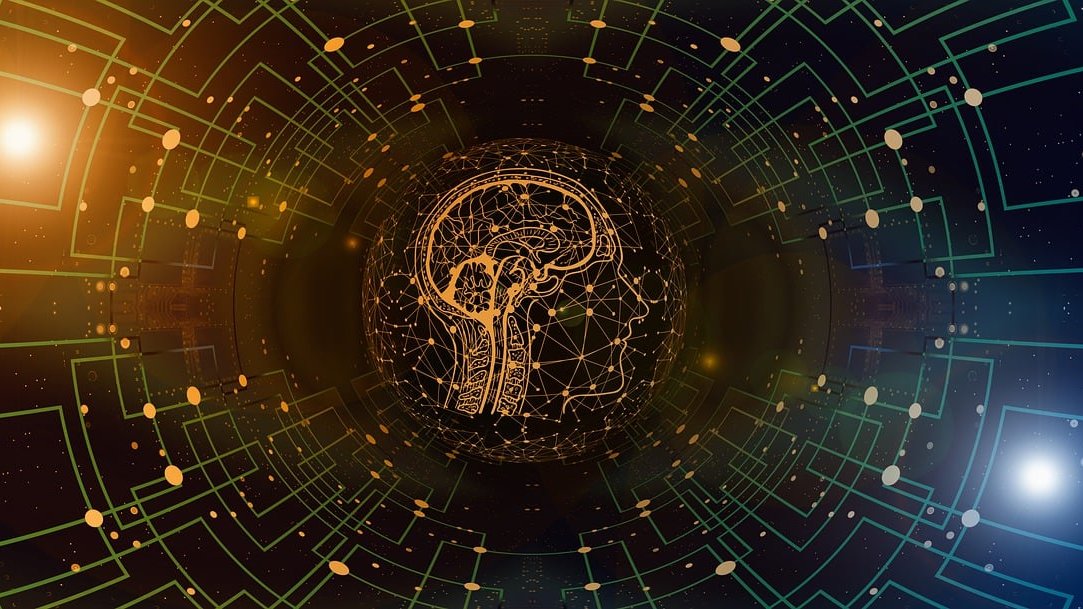
As the new college admissions season rolls in, generative AI tools like OpenAI's ChatGPT are sparking debates, with some seeing them as potential aides in crafting personal essays while others worry they might be used unethically. Amid the uncertainty, a few institutions are providing guidance on how to utilize AI appropriately, and the debate over its place in education continues.
The debate over ChatGPT's use
The advent of OpenAI's generative AI tool, ChatGPT, has seen a surge of students leveraging its power to churn out essay assignments in minutes. This has sparked a divisive debate - is it a beneficial tool for students or a potential avenue for unethical practices? The AI-produced content, though grammatically perfect, tends to lack intellectual depth and originality. Schools and education administrators are finding it increasingly challenging to distinguish AI-generated work from genuine student effort, leading to a critical discussion about the proper use of AI in education.
The attempts to curb generative AI use in academic environments through detection tools have had limited success so far. Notably, AI Classifier, an experimental AI detection tool developed by OpenAI, was pulled back due to a low accuracy rate. The tool often falsely flagged non-AI generated content, including articles by non-native English speakers, demonstrating the challenges in distinguishing AI-generated writing from human efforts.
As the debate over AI's place in education continues, some academic institutions are starting to recognize the potential benefits of AI tools like ChatGPT and are seeking to guide students on their ethical use. Universities such as Arizona State Law School advocate for AI use, provided students disclose it. Even more proactive is Georgia Tech, which encourages students to use ChatGPT for brainstorming and refining ideas, but insists the final submission should be original, not AI-generated. This shift towards a more balanced view of AI in education highlights the growing recognition of its potential benefits when used responsibly.
Democratizing admissions with AI
Rick Clark, Georgia Tech’s assistant vice-provost and executive director of undergraduate admission, believes that generative AI has the potential to democratize the admissions process. According to Clark, AI can simulate a back-and-forth drafting process that is akin to having a personal tutor or attentive parents. This approach could provide invaluable assistance to students who lack such resources. However, Clark emphasizes that merely copying and pasting AI-generated text isn't helpful and that tweaking and revising are necessary to create a compelling essay.
AI tools as aids for underserved students
Despite initial resistance and bans on generative AI in schools, there is a growing recognition of the potential benefits these tools can offer if used appropriately. They present an affordable or free source of support for essay writing, particularly for students lacking access to other resources. AI tools can suggest topics, offer outlines, rephrase statements, and help organize thoughts into paragraphs - a challenge many students grapple with. However, for these tools to truly benefit underserved students, it's crucial they are taught how to use them effectively.
The irreplaceable human touch
While ChatGPT and similar AI tools can certainly aid in the drafting process of an essay, the human touch remains irreplaceable for creating a truly resonant and distinctive application essay. Even as AI tools strive to mimic a user's unique style, students still need to rework what AI generates to truly reflect their individuality and personal experiences. This underscores the importance of viewing AI not as a shortcut, but as a tool that can enhance the creative process when used judiciously.










